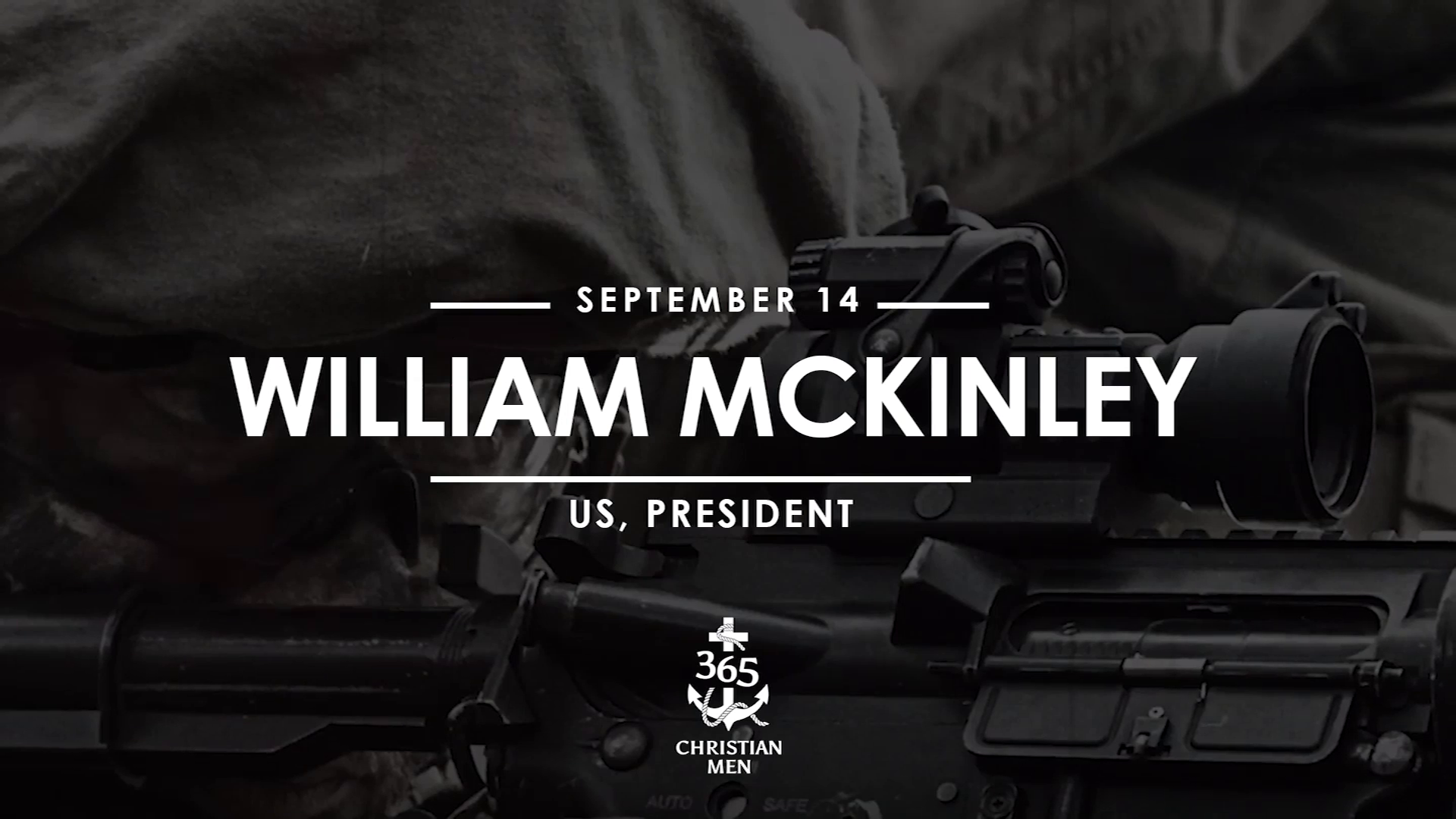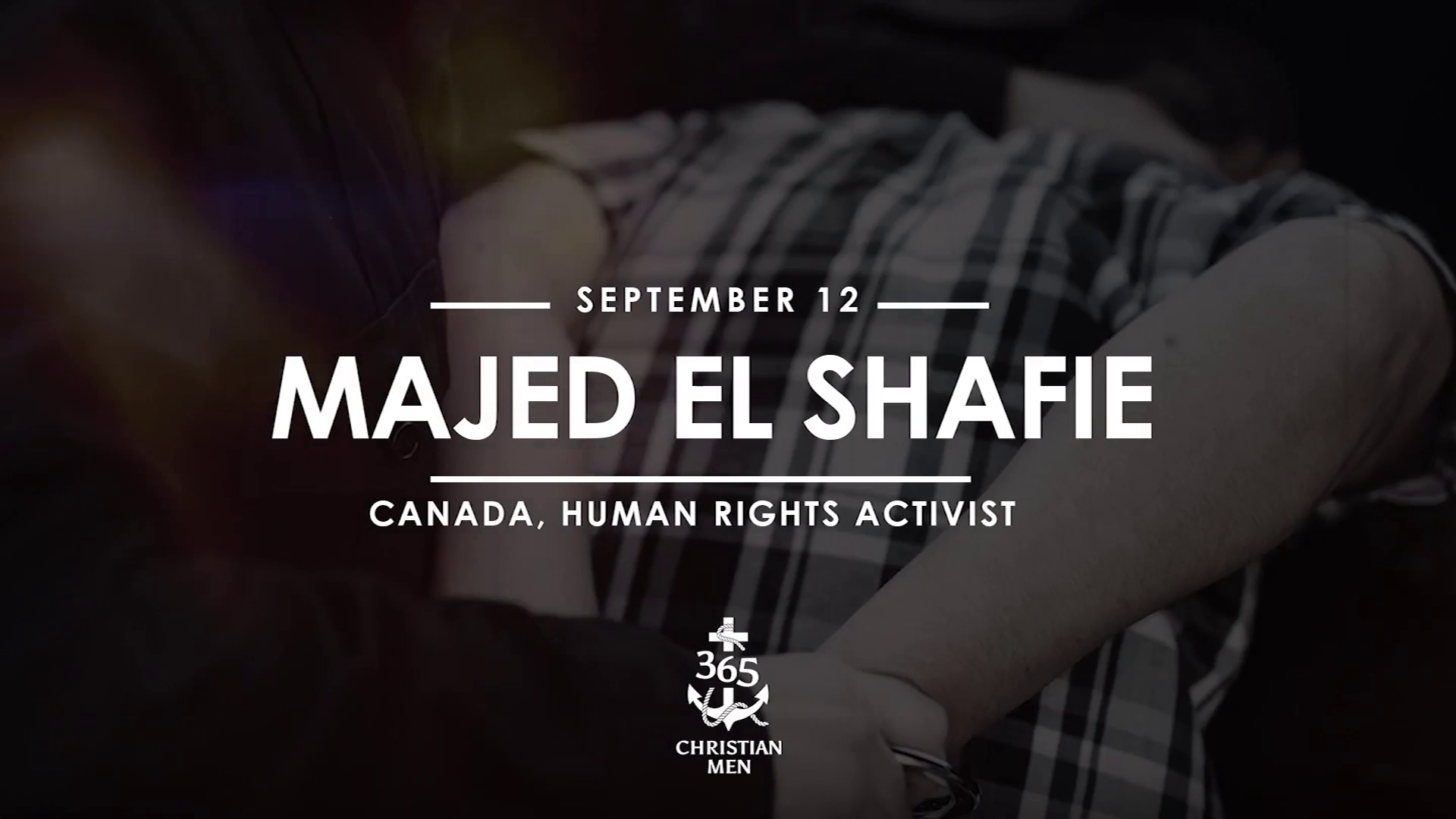September 19. Charles Spurgeon. When Charles was 19, a church asked him to come for a 6-month try-out as pastor. Charles agreed to a 3-month trial and said, “The congregation might not want me, and I do not wish to be a hindrance.” He stayed 38 years and brought more than 14,000 people in.
Usually, Charles chose the theme for the Sunday-morning sermon the night before, took a single page of notes to the pulpit, and spoke about 140 words per minute for 40 minutes. The man could talk, and what he said, God used.
Charles often preached 10 times in a week, and about 3,600 times in his lifetime. Though some criticized Charles for his active sense of humor, that wasn’t the whole story about him. Listen to this.
Trapped in the dark? God knows where you are. He’ll equip you to lead others out.
Charles felt wretched as he readied himself to preach the word of God one Sunday morning.
His spirit was downcast; his heart was weighed down by an invisible burden. Whatever joy he had felt was gone, and the depression was like a dark cloud that hovered above his head, following him wherever he went. There was no sickness, no pain that caused such a depression—at least, not this time.
Charles certainly didn’t love God less or feel as if he were leaving the faith. His life had been spotless, and no guilt kept him up at night. But, as Charles went about his days preaching and teaching the Word of God, he wondered if God had left him. Why did God allow His servant to fall into such a deep depression?
Charles felt much sorrow, but instead of dwelling on it, he decided to speak about it in one of his sermons. He had felt forsaken, and he remembered that Jesus, too, had felt forsaken when he hung on the cross. Charles gathered whatever energy he could muster and took to the podium and preached about Jesus’ trial. Charles connected Jesus’ ordeal to the feelings he was now experiencing.
Once the sermon was over, Charles stood in a room near the sanctuary and noticed a man coming toward him. He looked to be about sixty years old, with bright eyes filled with tears.
Visibly shaken, the man took Charles’s hand in his own and held it, cried, and with a dazed look, he said, “Birds of a feather will flock together.”
Charles was taken aback. What did the man mean? Was he mad?
But then the man explained what he meant. “Nobody ever preached my experience before. I have now been for years in a horrible gloom of great darkness and could not find God, but this morning I learned that I was not the only man in the thick darkness.” He paused, a new glimmer of hope shining in his eyes. “And I believe that I shall get out.”
Charles felt an understanding suddenly wash over him. God had not forsaken him like he thought. Even amidst the depression, there was still work to be done and a ministry to help others learn about the love and comfort of Christ. “Yes, that was the reason why I was put into the dark, that I might help you,” Charles said. The invisible burden that weighed him down earlier seemed to weaken. “And now that I know the reason,” he continued, “I am already out of the prison.”
Charles continued to minister to the man over time, rescuing him from the brink of insanity and helping him to find his way back to his calling. But Charles found himself being rescued and learned that God was able to use him to help others with depression because he had experienced it himself.
“You cannot help a man if you know nothing about him, and therefore the Lord sends you into many a thick wood and dark valley that you may meet with His own redeemed in their wanderings,” he said. “If you did not know the wilderness, how could you act as a guide through it?”
Charles understood that depression could happen to anyone, even someone who loved Jesus with all his heart. But even though depression made his faith feel weak, God was able to use it and grow it into something strong to help others. “If you believe in Christ Jesus, though your faith be as a grain of mustard seed, it will save you, and it will, by and by, grow into something stronger.”
“My flesh and my heart may fail, but God is the strength of my heart and my portion forever” (Psalm 73:26 NIV).
Trapped in the dark? God knows where you are. He’ll equip you to lead others out.
Spurgeon, Charles. “Our Leader Throught the Darkness.” Spurgeon Gems, Sermon #3370. September 4, 1913. https://www.spurgeongems.org/sermon/chs3370. pdf.
Spurgeon, Charles. “Encouragement for the Depressed.” Spurgeon Gems, Sermon #3489. December 9, 1915. https://www.spurgeongems.org/sermon/chs3489. pdf.
Would You Like to Learn More About This Man?
Once—to test the church’s acoustics, Charles yelled, “Behold the Lamb of God which taketh away the sin of the world.” A worker high in the rafters heard him and converted to Christianity!
“These are dark days, but you can bring on a spiritual summertime if you know how to pray.” ~Charles Spurgeon
Story read by: Daniel Carpenter
Introduction read by: Daniel Carpenter
Audio production: Joel Carpenter
Editor: Teresa Crumpton, https://authorspark.org/
Project manager: Blake Mattocks
© 2020, 365 Christian Men. LLC. All rights reserved.














